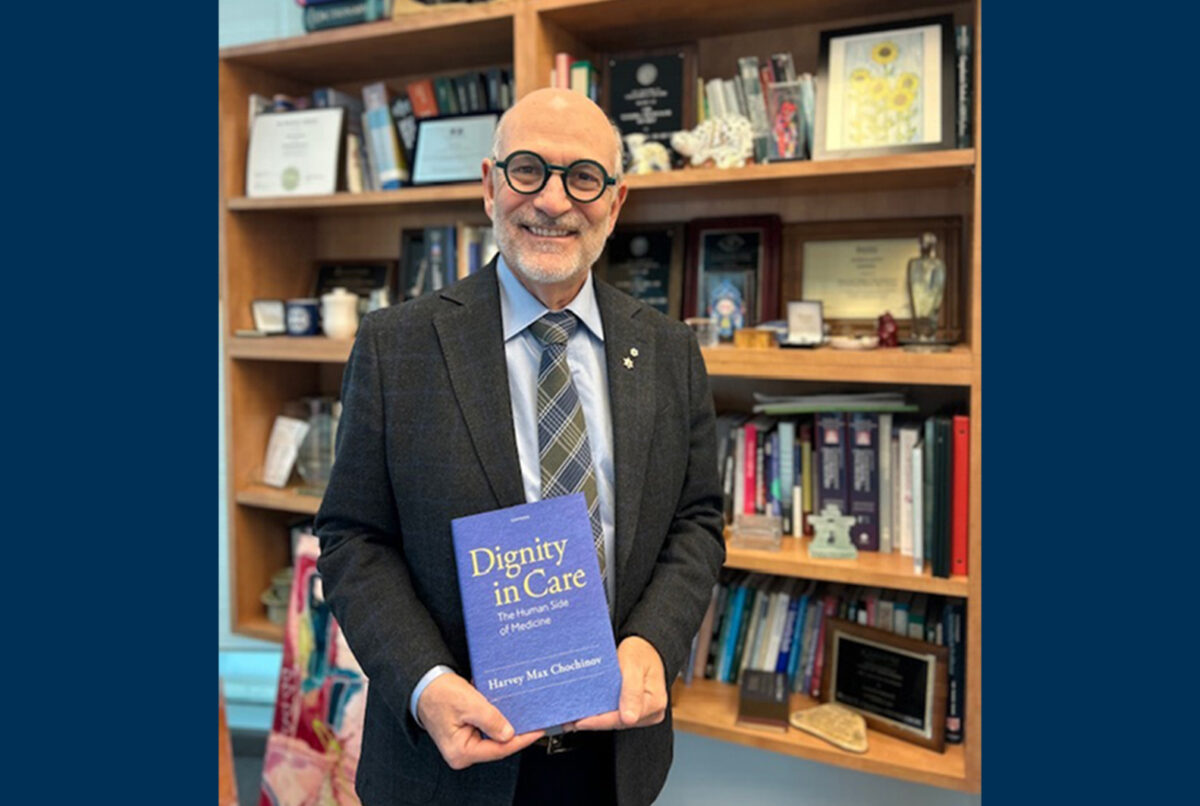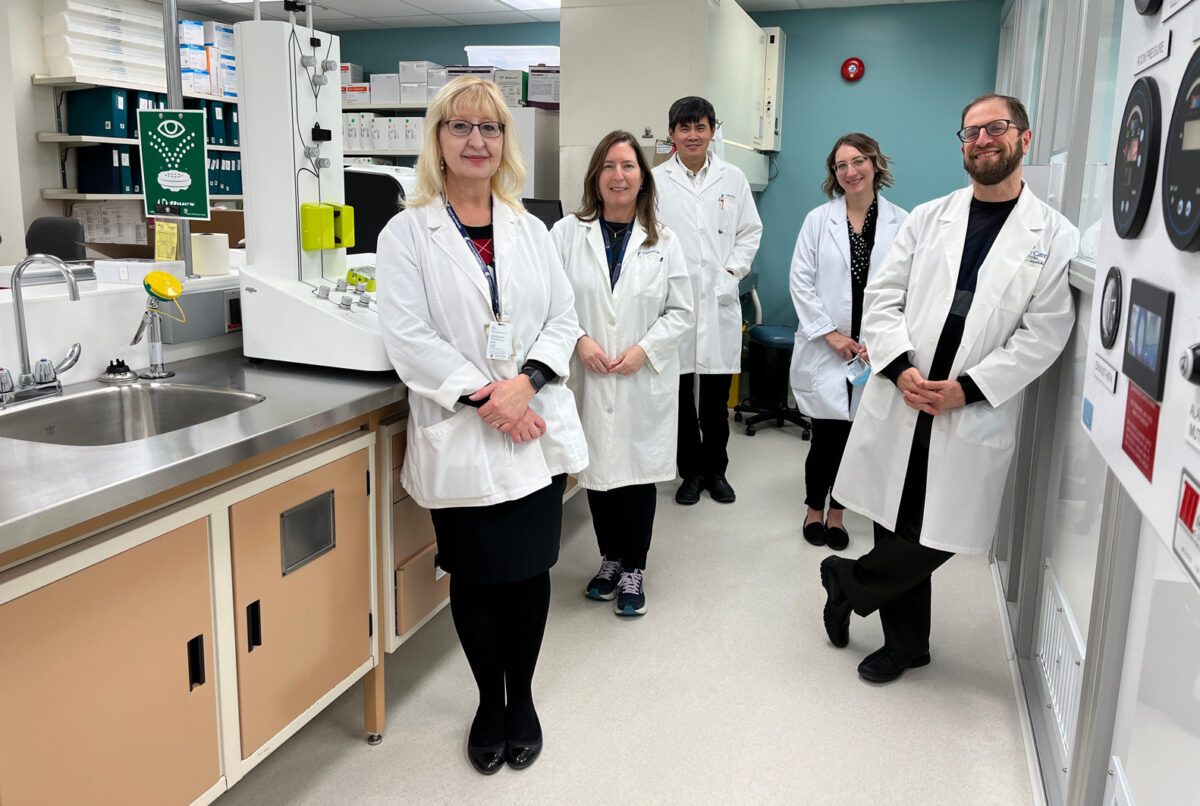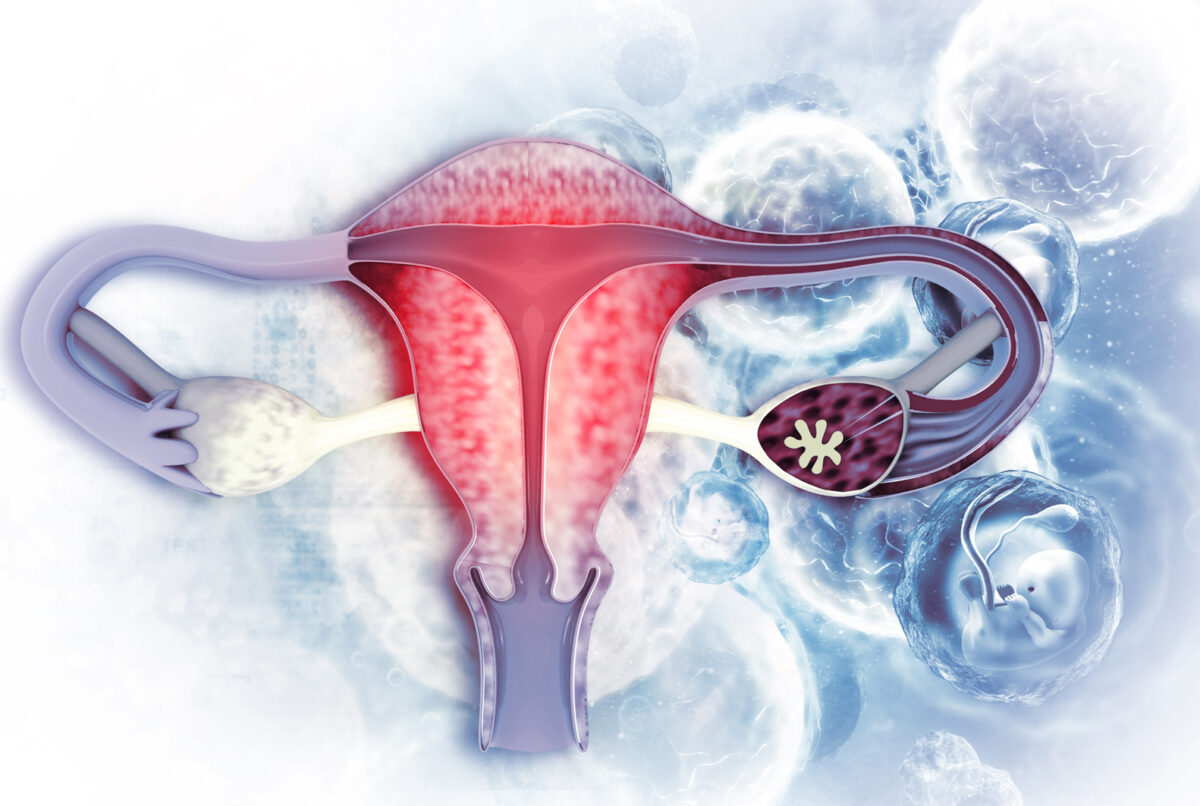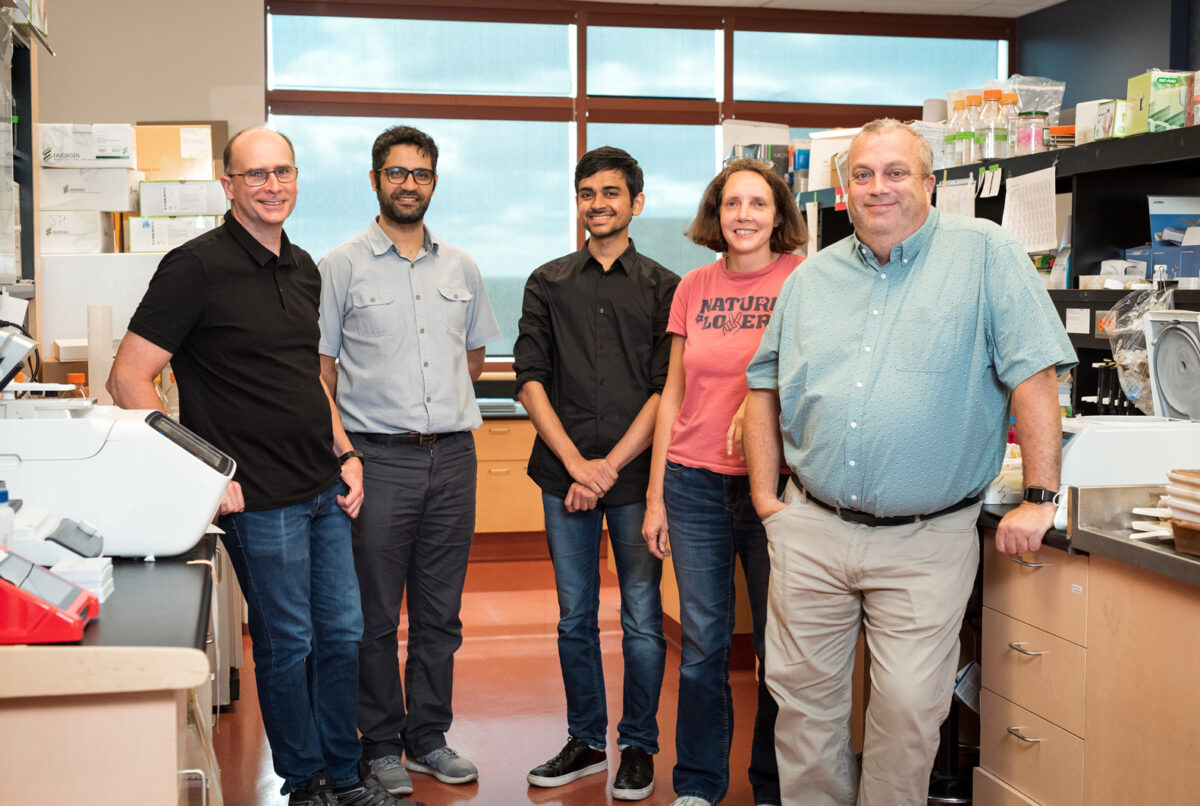Dignity Therapy is the most studied psychosocial intervention in palliative care and has seen an uptake in healthcare facilities providing care to patients with advanced cancer worldwide.
Dr. Chochinov and Mr. John Farber helped establish what would evolve into the current Department of Patient and Family Support Services at CCMB.
In 1992 he received his first research grant from CancerCare Manitoba Foundation, launching a program of research in psychosocial oncology and palliative care that has been praised for its innovation and impact around the world.











